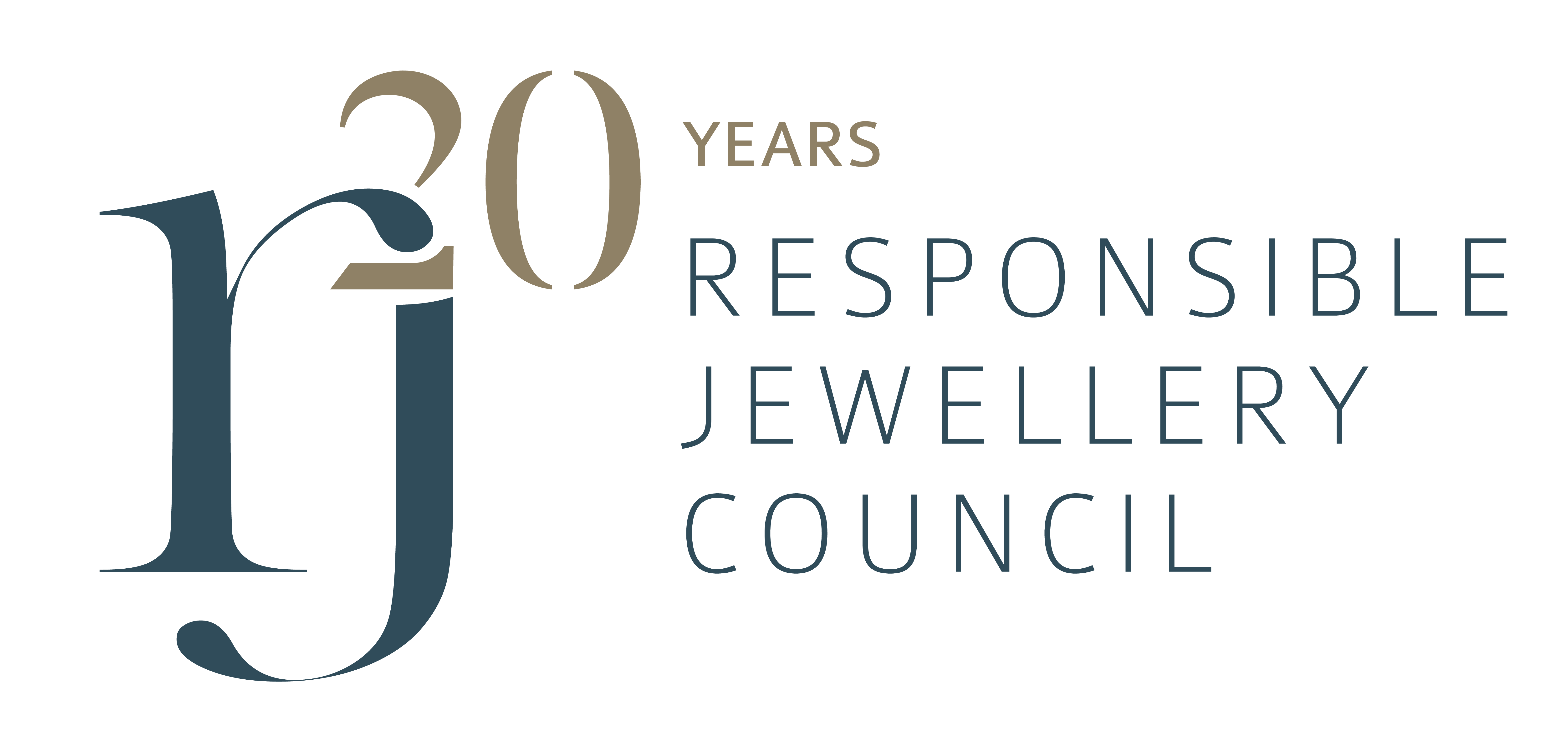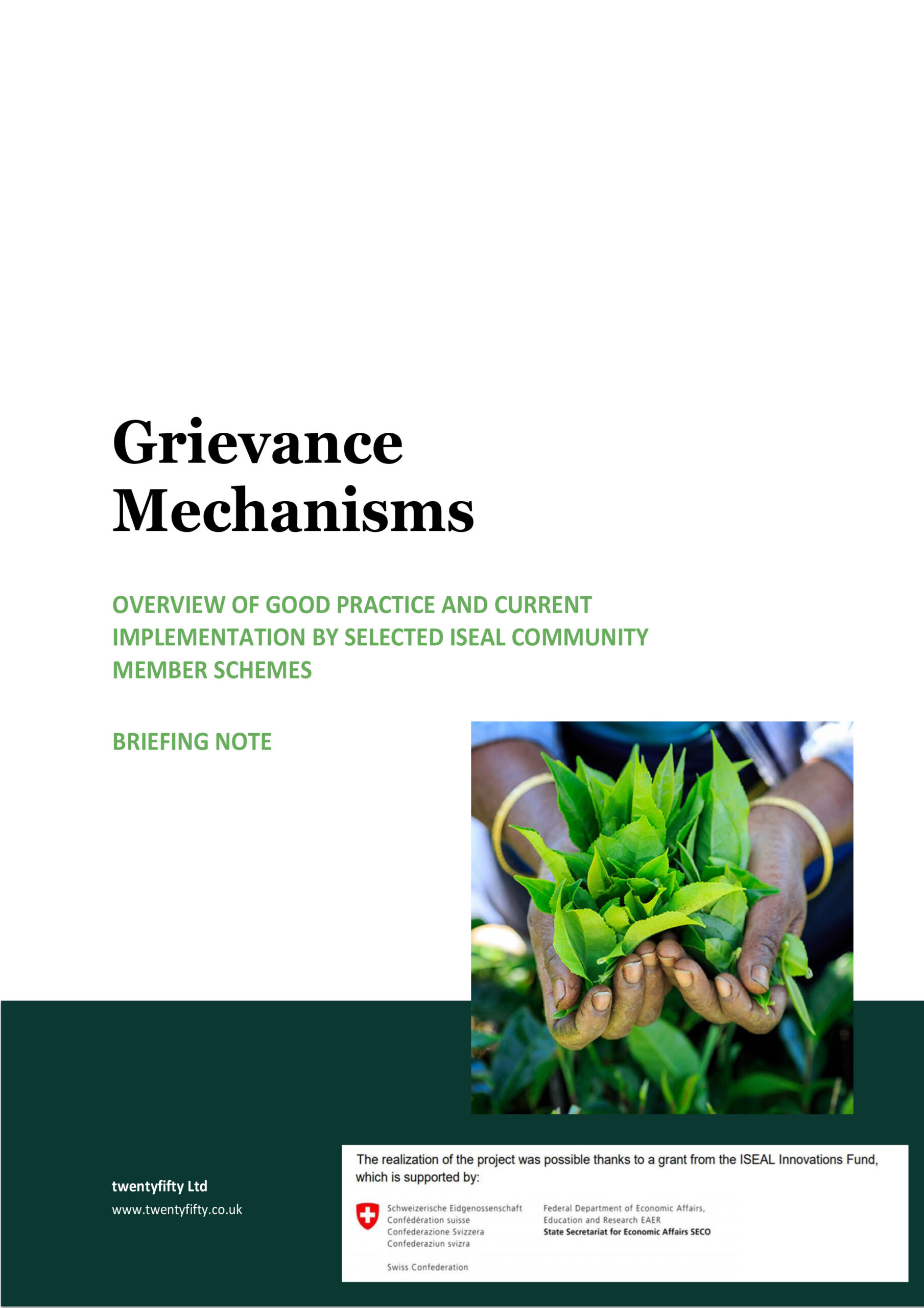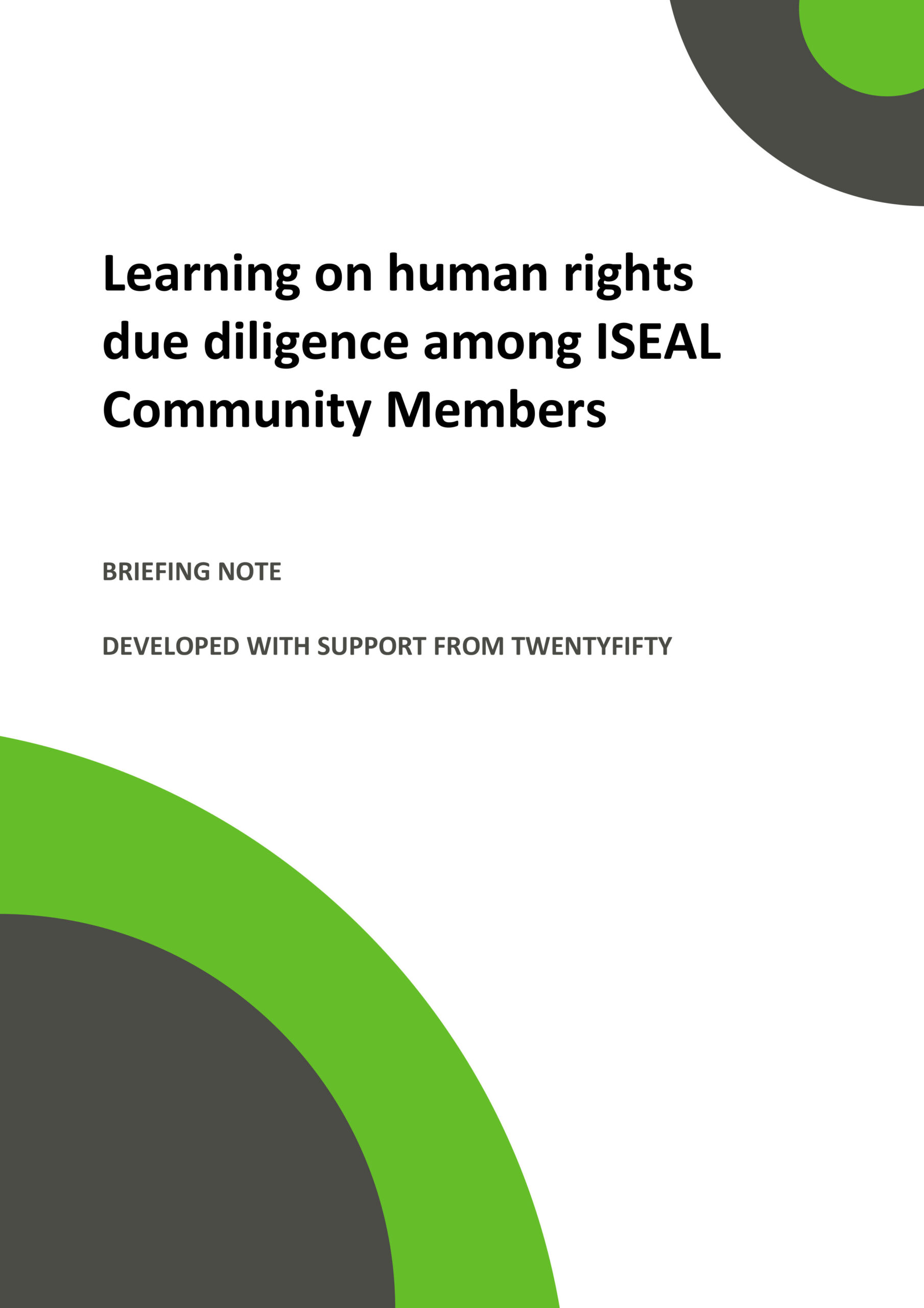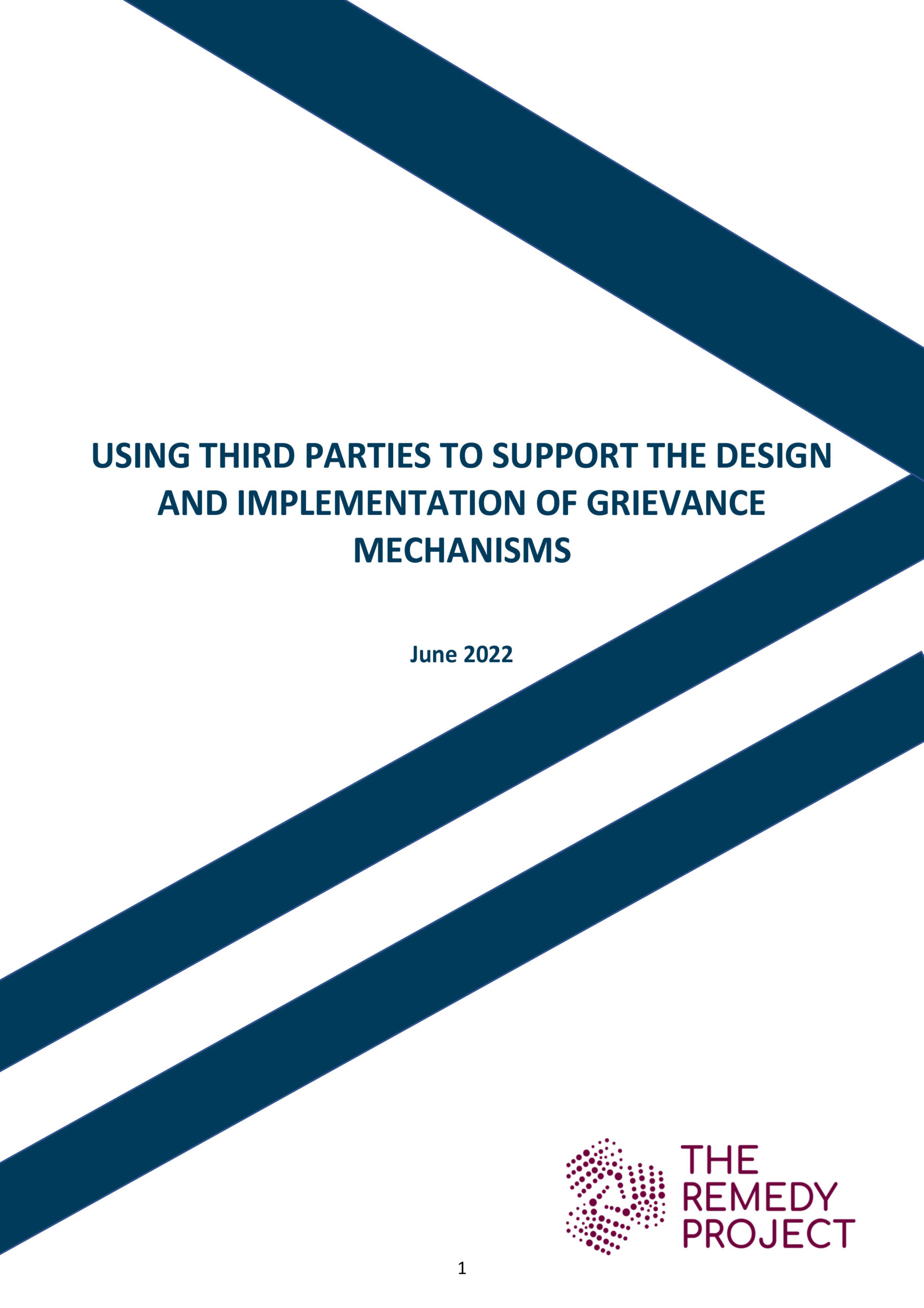RJC partners with ISEAL and Bonsucro to enable good practice and learning in due diligence and grievance mechanisms.
CEOs and leaders are under increasing pressure to respond to changes in laws, regulations and reporting obligations for human rights and environmental risks, including the EU Corporate Sustainability Due Diligence (CSDD) directive; United Nations Guiding Principles on Human Rights (UNGP); and the OECD Guidelines for Multinational Enterprises. Applying best practice saves organisations valuable time and money. The Responsible Jewellery Council (RJC), provides its members with the necessary training and toolkits to apply best practice in their organisation’s management systems, and wanted to encourage peer-to-peer learning across non-jewellery sectors.
In 2021, RJC joined a multi-stakeholder partnership to support the development of human rights due diligence and grievance mechanisms. Research was conducted to understand best practices in how organisations describe the actions taken by a company to identify and act on actual and potential risks to people and to the environment, within its own operations and throughout its entire supply chain.
The findings and recommendations of the research were published in three public documents and are available freely to download from the RJC Toolkits webpage, and the ISEAL website.
RJC would like to thank fellow partners ISEAL and Bonscuro; fellow ISEAL members who participated in the research; and project financial sponsors Swiss State Secretariat for Economic Affairs SECO, and ISEAL Innovations Fund.
We continue to wish our members and other business leaders every success with your sustainability journey!
Project details
Title: Good practice & learning in Due Diligence & Grievance Mechanisms
Project lead: Bonsucro
Project partners: Responsible Jewellery Council
Duration: October 2021 – June 2022
With thanks: Co-funded by the Swiss State Secretariat for Economic Affairs SECO, through the ISEAL Innovations Fund
